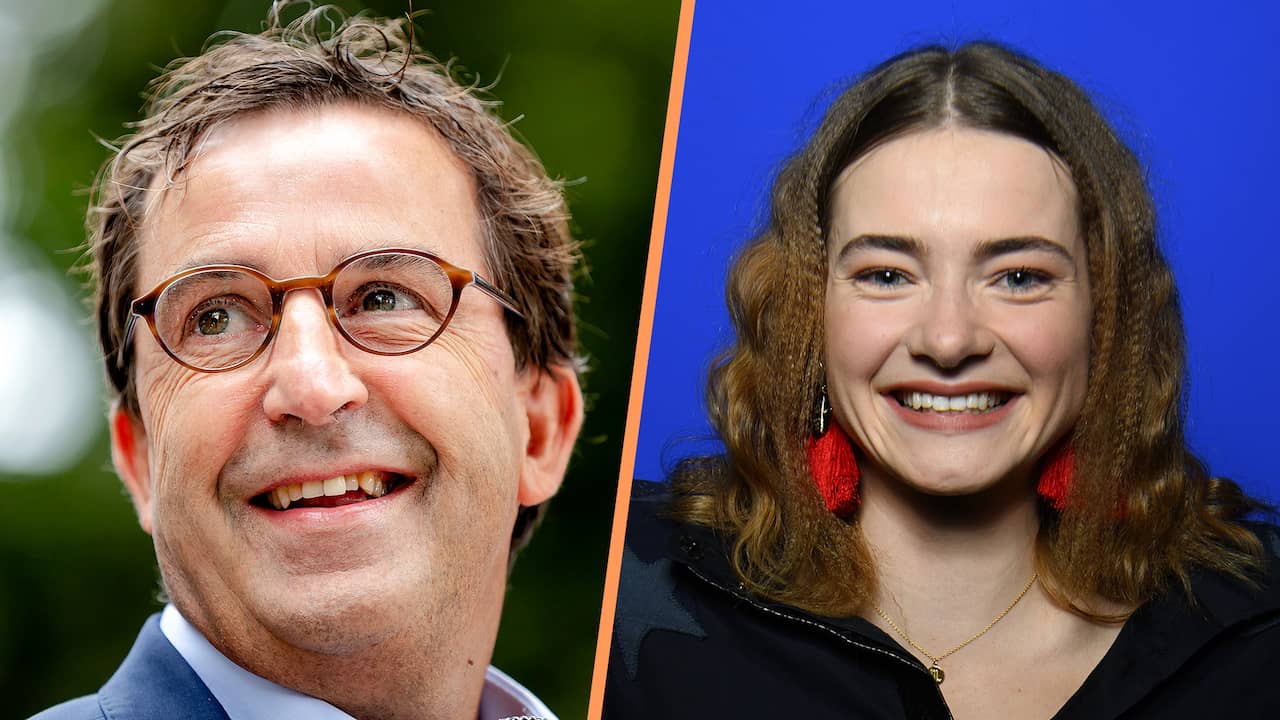Vaccines work by training the immune system so that it can better defend itself against external agents. When a person undergoes oncological treatment for cancer, his body’s immune response is weakened, for this reason, if he is infected, for example, with a flu virus or a coronavirus, the infections usually have an evolution more serious, even if they are not at that precise moment of the treatment.
For this reason it is all the more important that cancer patients are vaccinated, as recommended by, among other institutions, the German Center for Cancer Research (DKFZ, for its acronym in German).
The best time to apply a vaccine depends on the substance to be applied. The DKFZ points out that vaccines known as inactivated (or killed) can also be applied during cancer treatment.
The flu vaccine or whooping cough are of this type. Similarly, mRNA or vector vaccines against Covid-19 can also be applied during a treatment.
In any case, the important thing is to define the moment well, since the effect of the vaccine, depending on how weak the immune system is, may be less. The doctor should be the one who defines when to ask.
However, there is a group of vaccines that are taboo when undergoing cancer therapy: attenuated (or live) vaccines, including those applied against mumps, measles or rubella, indicates the DKFZ. If a patient wanted to update those vaccines, she should only do so after her cancer therapy is complete.
In general, it is ideal to allow some time after the end of the cancer treatment sessions so that the immune system can recover. For inactivated vaccines it is best to expect about three months, while the DKFZ recommendation for live vaccines is six months.
/cloudfront-us-east-1.images.arcpublishing.com/eluniverso/OJDUSBJWQJHVNFUCB33VVTLFB4.jpeg)

